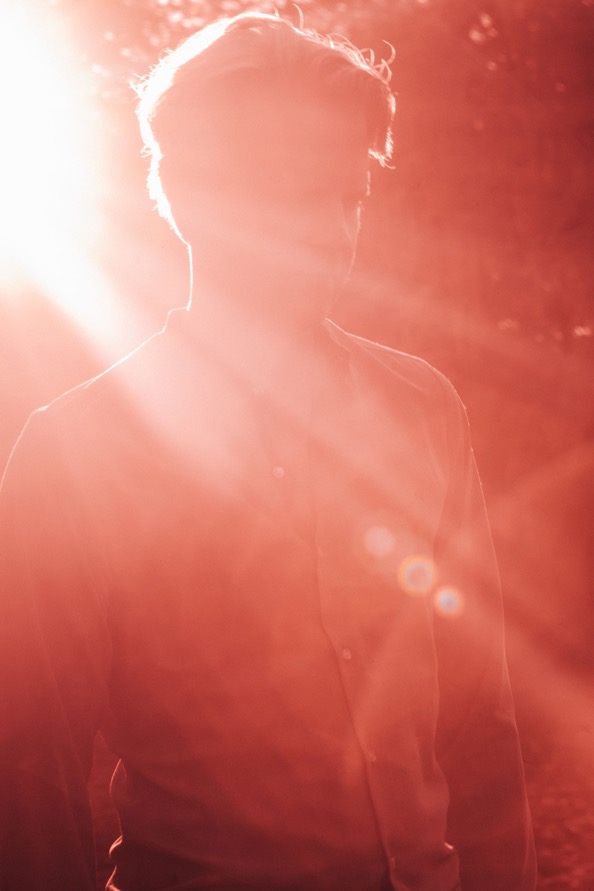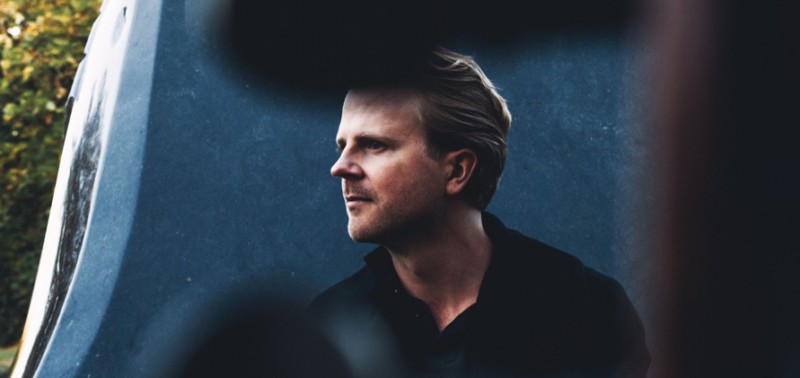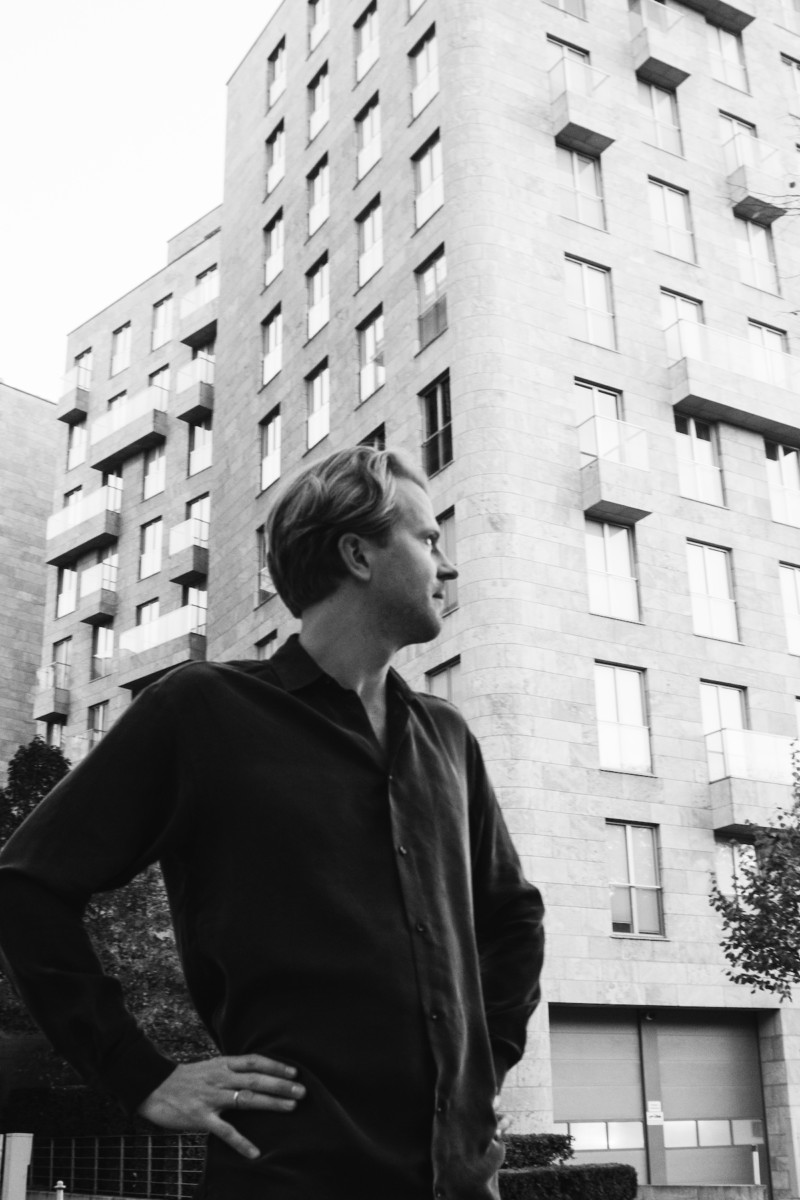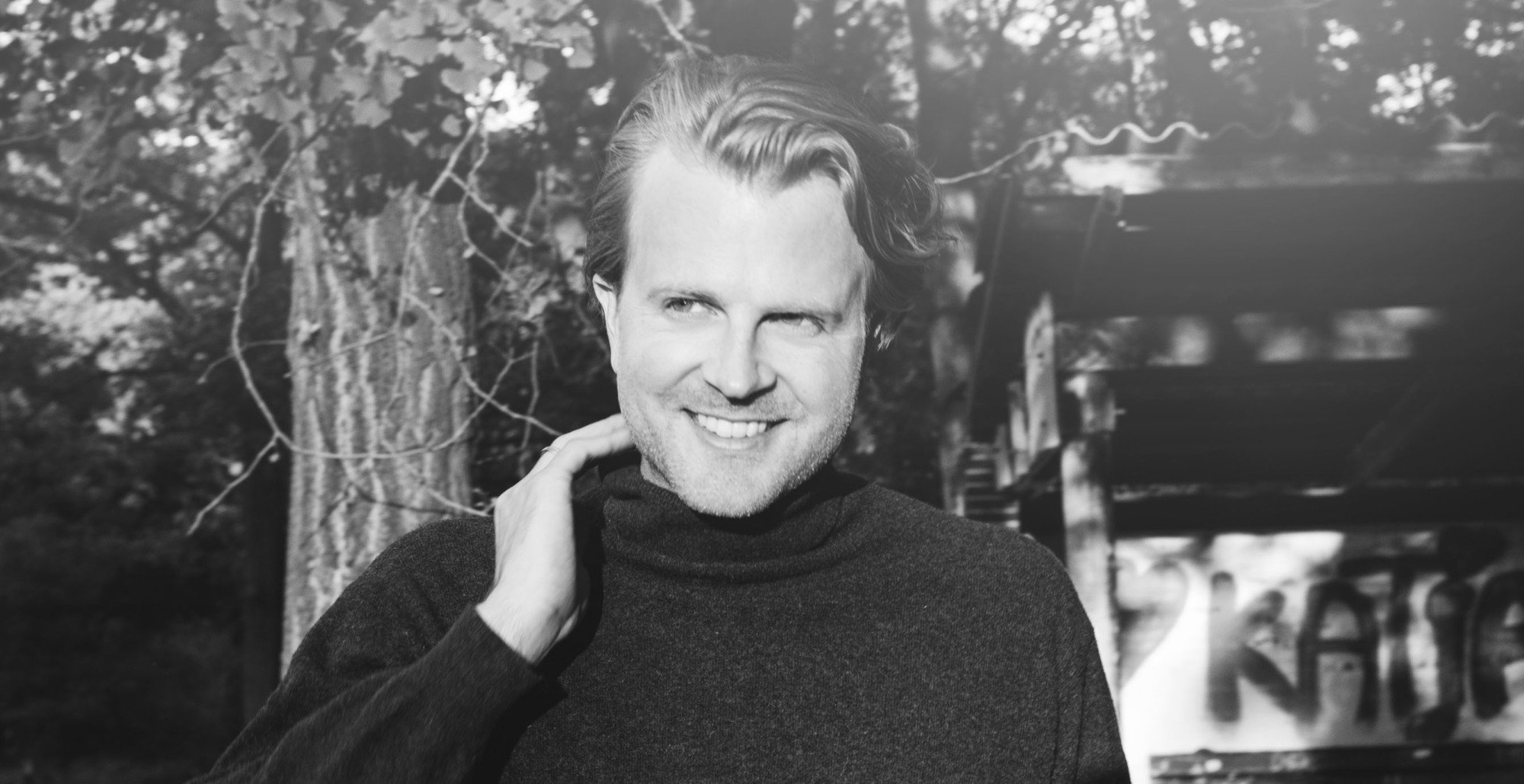Bio
Written music is potential energy that a performer must unleash. Audiences can tell if a musician really feels that energy, or if their expression is second-hand. When Julian plays, he is sharing something fragile and alive. “As an interpreter, I’ve started trusting my inner life more and letting the audience in,” he says. “It’s a kind of vulnerability that makes you stronger.” His first child was born at the end of 2018. Since then, his conviction has grown, his sense for metaphor expanded.
He knows that making music for an audience occasionally involves tipping the scales too far one way or another. But he is aware of his responsibility toward what is often called the “intentions of the composer.” He dives deep into scores, investigating the organic connections that give a work its unity. “If you know one room in an apartment, but not that the apartment has seven other rooms, you won’t even understand the room you’re in,” he says. When Julian plays, the music is in safe hands. You listen for his discoveries; what the music, through him, is trying to tell you.

Julian’s playing is effortless, unhindered by technical boundaries. He derives energy from appearing not to try.
“As an interpreter, I’ve started trusting my inner life more and letting the audience in. It’s a kind of vulnerability that makes you stronger.”

Julian plays cellos by Francesco Rugeri (Cremona, 1695) and Andrea Guarneri (Cremona, 1685). When he’s not performing, he lives in Munich.
Every life is a series of experiences, encounters, memories, places. Sometimes it’s possible to understand the contours of a musician’s ability through a list of these moments. Julian’s solo career was launched after he won the prestigious ARD Musikwettbewerb in 2010. Since then, he has soloed with the Gewandhausorchester Leipzig, the Symphonieorchester des Bayerischen Rundfunks, the Royal Philharmonic Orchestra, the Orchestre de Paris, the Rotterdam Philharmonic Orchestra and the St. Petersburg Philharmonic. He’s worked with the conductors Christoph Eschenbach, Sir Roger Norrington, Valery Gergiev, Jakub Hrůša, Mario Venzago, Fabien Gabel, John Storgårds, Lahav Shani, Antony Hermus, Christian Zacharias and Michael Sanderling. His chamber music partners include Janine Jansen, Christian Tetzlaff, Karen Gomyo, Antje Weithaas, Renaud Capuçon, Veronika Eberle, Vilde Frang, Antoine Tamestit, Lars Vogt, Elisabeth Leonskaja, Paul Rivinius, Denis Kozhukhin, the Modigliani, Armida and Ébène quartets.
“If you know one room in an apartment, but not that the apartment has seven other rooms, you won’t even understand the room you’re in.”
For Julian, these experiences and encounters are the result of organic growth, not external pressure. It’s a development that tends to happen when a musician of his ability goes through life with an open mind.
His playing is effortless, unhindered by technical boundaries. He derives energy from appearing not to try. It’s a quality that many look for and few find. He sees his talent and his musical upbringing as a gift. His mentors are responsible for the rest.
“My very first teacher considered lightness and simplicity to be at the core of cello playing,” Julian says. “Listen to yourself, plan what you’re doing, get it right the first time. I owe everything to these insights.” He studied with Ulrich Voss, Gustav Rivinius, Boris Pergamenschikow, Heinrich Schiff and Antje Weithaas. Now he is a teacher too, at the Hochschule für Musik und Theater in Munich.

His interpretations are grounded and accessible.
“My very first teacher considered lightness and simplicity to be at the core of cello playing. Listen to yourself, plan what you’re doing, get it right the first time. I owe everything to these insights.”
In the last season, Julian Steckel performed with the Residentie Orchestra, the Jena Philharmonic Orchestra, the Heidelberg Philharmonic Orchestra, the dogma chamber orchestra, the Tokyo Philharmonic, Orquesta Filarmónica de Málaga, Amsterdam Sinfonietta, Prague Radio Symphony Orchestra and the German Radio Philharmonic Orchestra – for example at Suntory Hall Tokyo and the Amsterdam Concertgebouw.
In 2024, Julian Steckel will open the Dvorak Festival Prague with the Bamberg Symphony Orchestra under Jakob Hrusa and make his debut with the Israel Philharmonic Orchestra under Iván Fischer as well as with the Yomiuri Orchestra Tokyo. Further concert tours will take him to Australia and New Zealand.
Along with this, chamber music remains for him a source of inspiration and a hotbed for communication: concerts are planned with Martin Helmchen, Antje Weithaas, Sharon Kam, Karen Gomyo, Matan Porat und Tobias Feldmann.
Julian’s relationship with music spans analytical intelligence and extreme commitment. His interpretations are grounded and accessible. He’s played his way to freedom.
2023/2024
Hartmut Welscher
Tobias Ruderer
Translation from German: Jeffrey Arlo Brown
